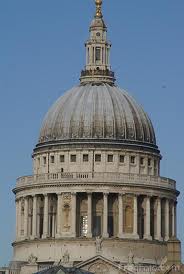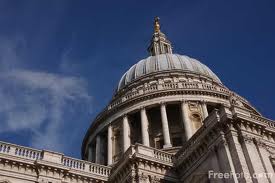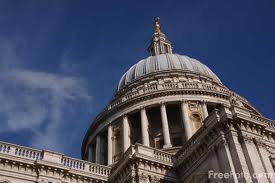
Same-Sex Marriage, National Churches and the Labour Party
On 11 December, the government announced its response to the consultation on same-sex marriage that took place from 15 March through 14 June 2012. The initial consultation concerned how (not whether) to proceed with same-sex civil marriage. In its response to the initial consultation, the Church of England failed to respond to the question that the government had asked. It took the position that all marriage (civil or religious) was the same and that same-sex marriage should not be offered by the state.

Responding to readers’ comments to our same-sex marriage post
We had a few comments from readers regarding my recent post on the Church of England’s views on same-sex marriage, co-written with my colleague Iain McLean. Below are two reader responses, and my replies. David wrote: ‘that differential treatment of the applicants’ rights fell within the ‘margin of appreciation’ afforded to member states.’ This is crucial factor in assessing the Church of England’s response. The reason for the European Court respecting the margin of appreciation. Judge Malinverni put it clearly: ‘Article 12 is inapplicable to persons of the same sex. Admittedly, in guaranteeing the right to marry, Article 9 of the Charter of Fundamental Rights of the European Union deliberately omitted any reference to men and women, since it …

Same-Sex Civil Marriage and the Established Religious Lobby: Providing the Government with Good Information?
On Tuesday 12 June, two days before the end of the consultation by the Government Equalities Office (GEO) on same-sex civil marriage, the Church of England submitted an unsigned response. The response contains a number of arguments, which we feel are deeply flawed or simply inaccurate: Same-sex civil marriage violates the fundamental principle of marriage: complementarity, which arises from the difference between the sexes. If this argument does not depend upon the importance of procreation, and it cannot, then the argument is circular. Legislation on civil marriage will impact religious marriage because the institution of marriage is one and the same for both. But one of the foremost Christian apologists in the Church of England has argued that they should be …









